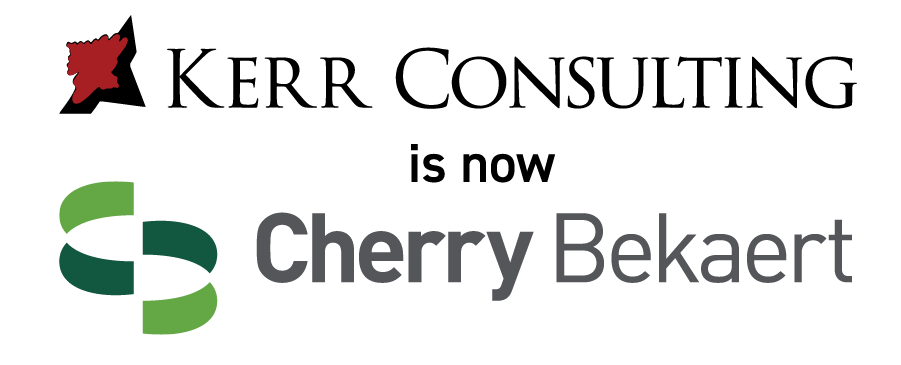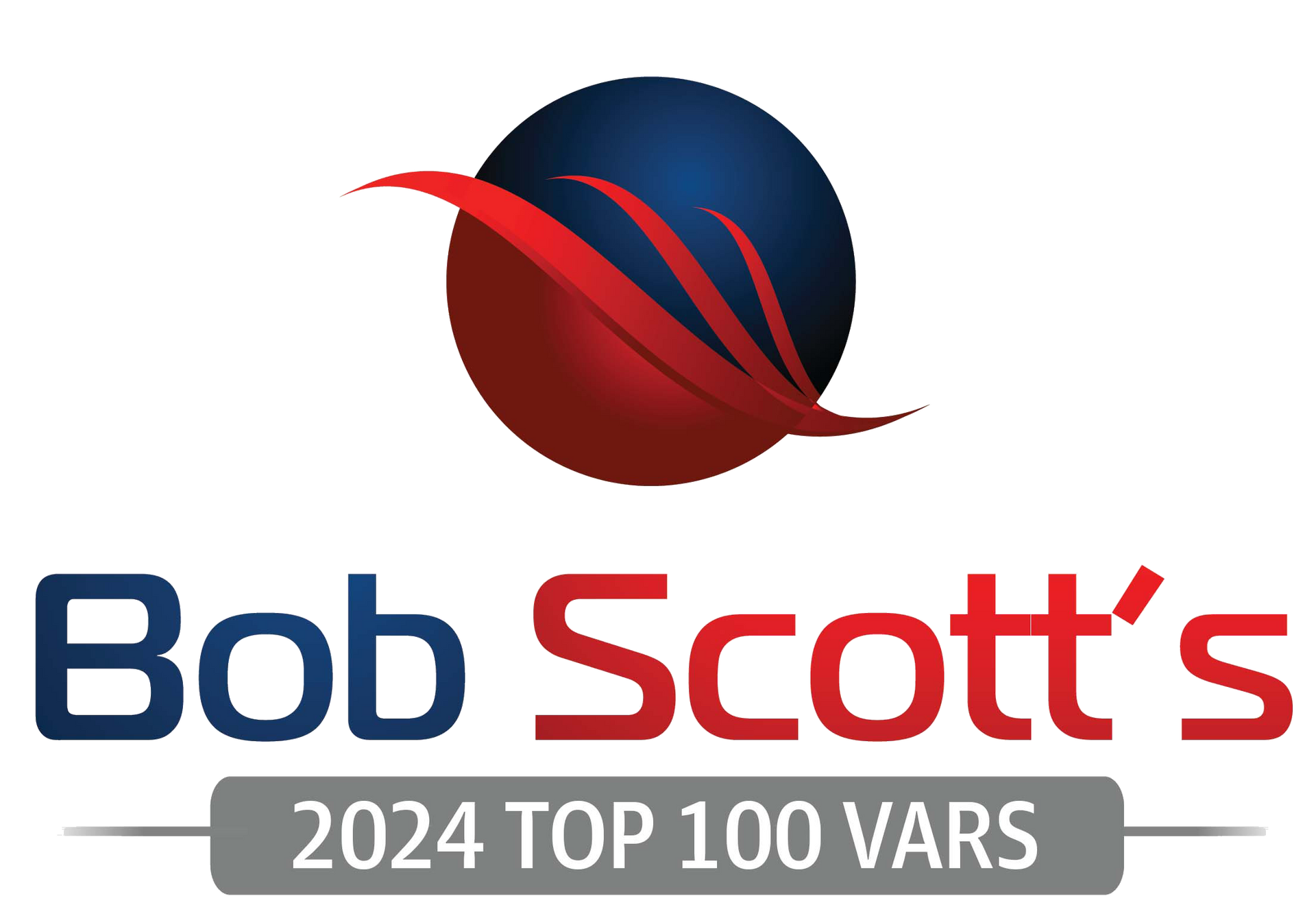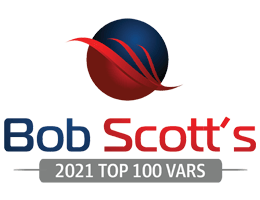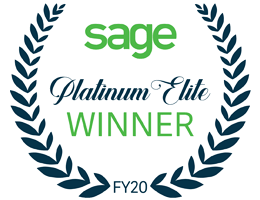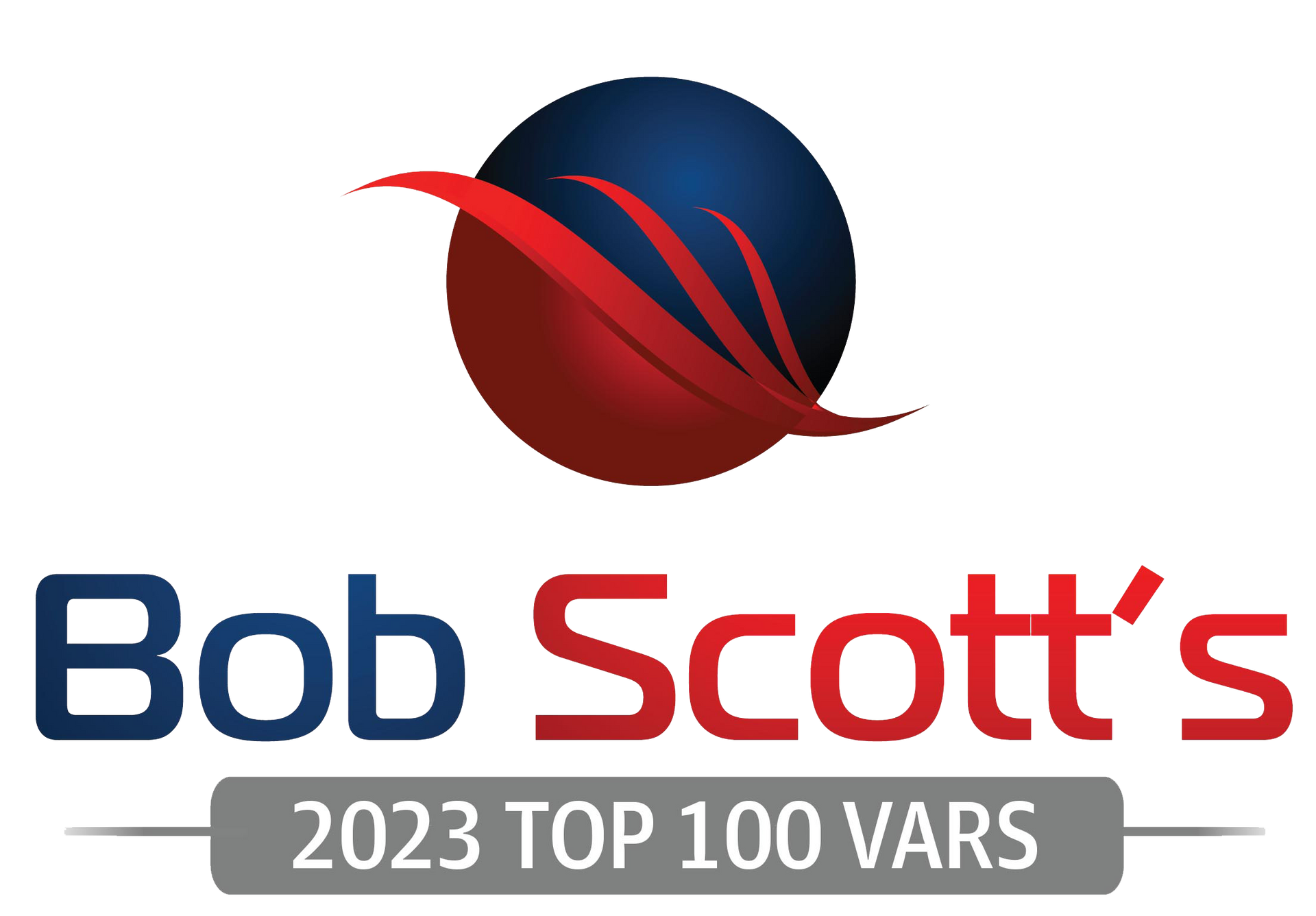Outgrowing QuickBooks? Discover Sage Intacct's Advantages

The Growing Complexity of Business Accounting
In today's rapidly evolving business landscape, the intricacies of accounting are expanding at an unprecedented rate. With each passing day, organizations face an array of financial challenges that demand meticulous handling and analysis. As a result, the once-beloved simplicity of accounting tools, like QuickBooks, often falls short in meeting the burgeoning needs of modern businesses.
The Need for Advanced Accounting Solutions
In this era of expanding business horizons, the demand for advanced accounting solutions has never been more apparent. Small and medium-sized businesses, in particular, have witnessed remarkable growth, and as they scale their operations, the limitations of entry-level accounting tools become increasingly evident. This article delves into the signs that herald the outgrowth of QuickBooks and paves the way for advanced financial management systems like Sage Intacct.
Signs of Outgrowing QuickBooks
As businesses thrive and extend their reach, they undergo a transformation from modest operations into complex enterprises. Along this journey, the accounting processes they employ must evolve to keep pace. This section elucidates the telltale signs of an enterprise that has outgrown QuickBooks and requires more sophisticated accounting solutions.
Shifting from Simple Reporting to Complex Analysis
QuickBooks is celebrated for its user-friendly approach to basic financial reporting. It serves as an excellent entry point for startups and small businesses. However, as organizations mature, they find themselves in need of a deeper level of financial analysis. Basic reporting is no longer sufficient to manage intricate financial structures and to make critical decisions based on a wealth of data.
Indicators of Outgrowing QuickBooks
As businesses expand, certain indicators signal the limitations of QuickBooks:
Data Volume Overload
One of the primary signs of outgrowing QuickBooks is the sheer volume of financial data. QuickBooks may struggle to handle the substantial amount of transactions and data points that a thriving business generates.
Managing Multiple Entities
Enterprises with multiple subsidiaries, entities, or locations may find QuickBooks cumbersome. Managing these complex structures becomes arduous, and businesses yearn for a solution that streamlines this process.
User Access Limitations
QuickBooks often lacks the flexibility of role-based access control, which is vital for protecting sensitive financial information. As businesses grow, the necessity for more robust security measures becomes apparent.
In the subsequent sections of this article, we'll explore the solution to these challenges and how Sage Intacct emerges as a powerful answer for businesses poised for growth.
The Solution: Sage Intacct
When QuickBooks reaches its limitations, and the signs of outgrowing it become evident, businesses are faced with a critical decision: where to turn for a more advanced accounting solution. Sage Intacct emerges as a compelling choice, designed to cater to the evolving needs of modern enterprises. Let's delve into what makes Sage Intacct the solution for businesses in transition.
Introduction to Sage Intacct
Sage Intacct is not just another accounting software; it's a powerful and adaptive financial management system that grows with your business. As your organization expands and the complexities of your financial operations increase, Sage Intacct seamlessly adapts, providing the features and capabilities you need to thrive.
Sage Intacct's Adaptive Cloud-Based System
At the core of Sage Intacct's appeal is its cloud-based architecture. In an era where agility is paramount, this cloud-based system empowers businesses to operate efficiently, no matter where they are in the world. It allows for real-time collaboration, data accessibility, and scalability – critical elements for businesses experiencing rapid growth.
Advanced Dashboarding and Real-time Data Accessibility
Sage Intacct brings advanced dashboarding to the forefront, enabling businesses to have real-time insights into their financial performance. With easily customizable dashboards, you can track key performance indicators, monitor budgetary goals, and analyze financial data with unparalleled precision. In a dynamic business environment, having access to real-time data is a game-changer.
Security and Access Control in Sage Intacct
Data security is a paramount concern in the digital age. Sage Intacct addresses this with a robust system of role-based access control. This means that you have complete control over who can access sensitive financial data, minimizing the risk of data breaches and unauthorized access. Your data's confidentiality and integrity are safeguarded, assuring compliance with regulatory requirements.
Internal Signs Triggering the Need for Transition
In addition to the external indicators of outgrowing QuickBooks, it's crucial to recognize the internal signs within your organization that signal a need for a transition to a more advanced accounting solution. One of the most compelling factors is the presence of inefficiencies in your accounting processes.
Recognizing Inefficiencies in Accounting Processes
Efficiency is the lifeblood of a thriving business. When your accounting processes are riddled with bottlenecks, errors, and inefficiencies, it's a clear signal that QuickBooks may no longer be a sufficient solution. Sage Intacct's automation capabilities and comprehensive financial tools can streamline operations, enhance efficiency, and contribute to better financial decision-making.
As we continue, we will address the most common questions businesses have about transitioning from QuickBooks to Sage Intacct. These frequently asked questions will provide clarity and insights for those considering this important shift in their accounting systems.
Frequently Asked Questions
As businesses contemplate the transition from QuickBooks to Sage Intacct, they often have a set of common questions. This section aims to address these frequently asked questions to provide clarity and guidance.
How difficult is it to migrate from QuickBooks to Sage Intacct?
Migrating from QuickBooks to Sage Intacct is a well-trodden path with established processes. The difficulty of migration largely depends on the complexity of your existing data and business processes. While it might require some effort, the benefits of a more advanced system often outweigh the transitional challenges.
Can Sage Intacct accommodate my industry-specific needs?
Sage Intacct is known for its adaptability across various industries. Whether you're in manufacturing, healthcare, or professional services, Sage Intacct can be customized to meet your specific requirements. It offers a flexible platform that can be tailored to align with your industry's demands.
Is Sage Intacct cost-effective for growing businesses?
Sage Intacct is often viewed as a cost-effective solution, especially when considering its scalability and long-term benefits. While it may have a higher initial investment than QuickBooks, it can lead to substantial cost savings in the long run by streamlining processes, reducing errors, and providing insights for better financial decisions.
Key Takeaways
In summary, let's emphasize the key takeaways from this article:
- As businesses grow, their accounting systems must evolve to meet the increasing complexities of financial operations.
- Sage Intacct is a comprehensive solution that caters to the need for advanced financial analysis, going beyond the capabilities of QuickBooks.
- Sage Intacct offers an adaptive cloud-based system, advanced dashboarding, and robust security, making it an ideal choice for businesses experiencing growth.
- Identifying the signs of outgrowing QuickBooks, such as data volume overload and the need for role-based access control, is critical for making informed decisions.
- When internal inefficiencies in accounting processes become apparent, it's a strong signal that your business may benefit from transitioning to Sage Intacct, which can enhance efficiency and streamline operations.
By embracing these key takeaways, businesses can ensure their accounting systems keep pace with their growth, enabling them to make informed financial decisions and maintain a competitive edge in the ever-evolving business landscape.
